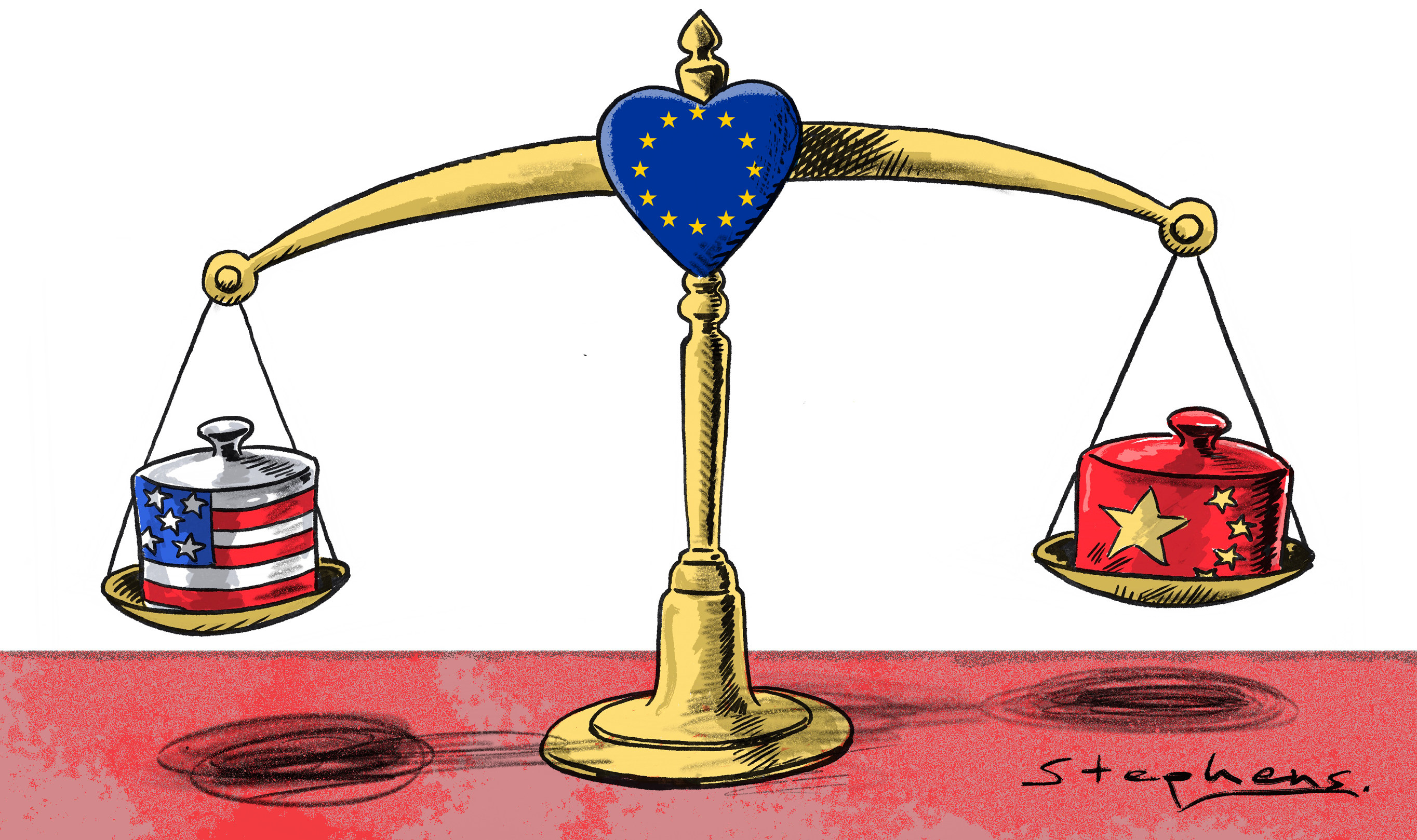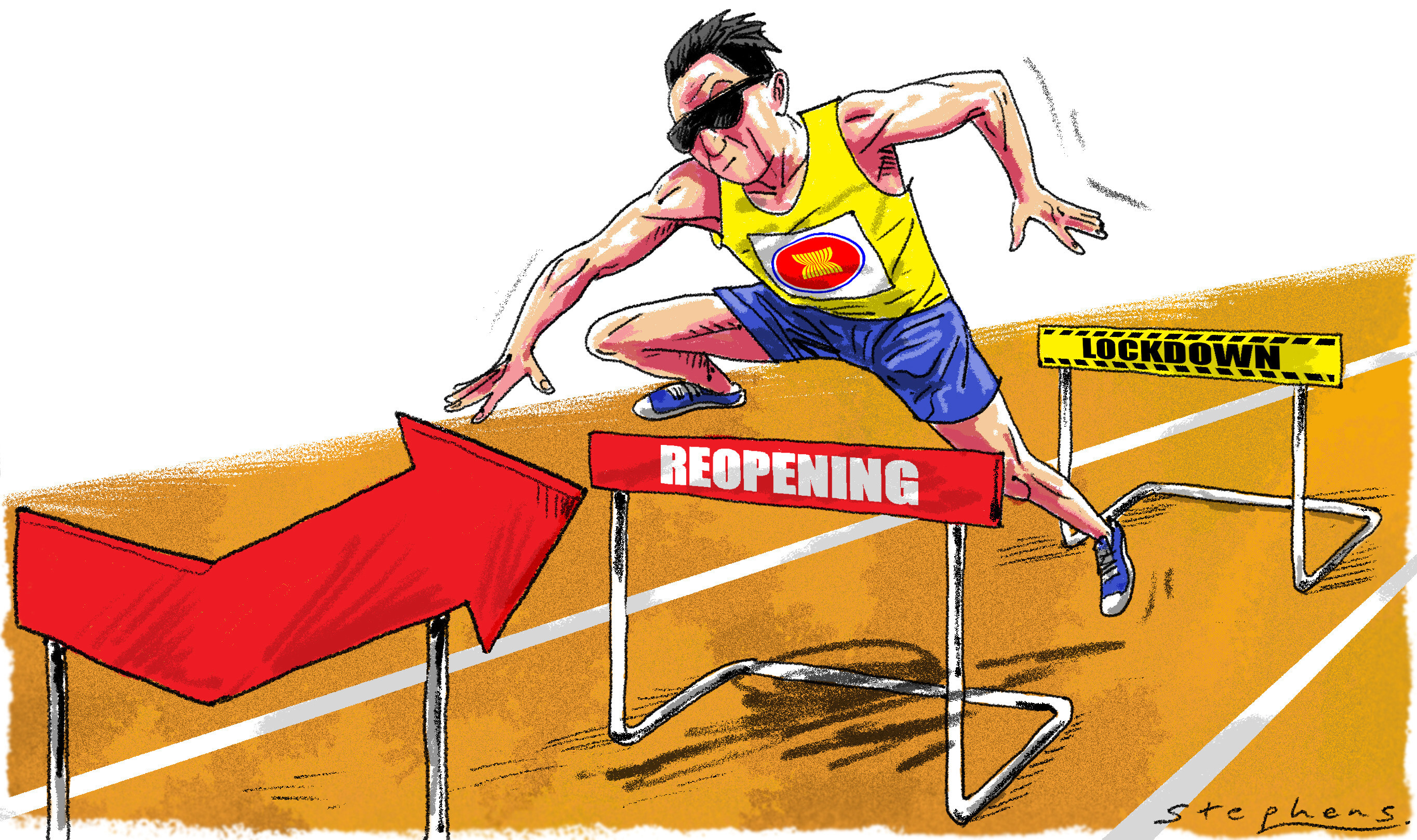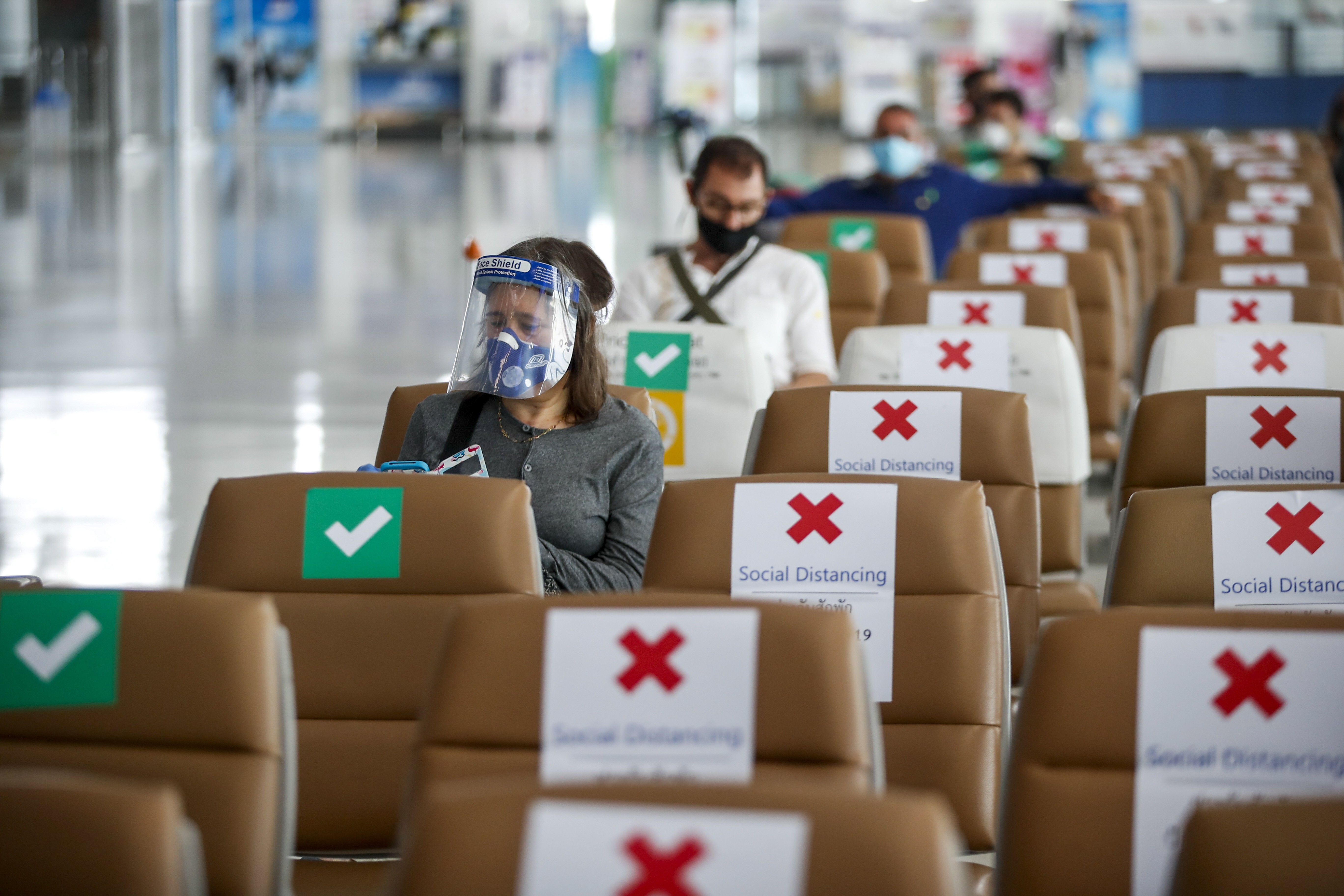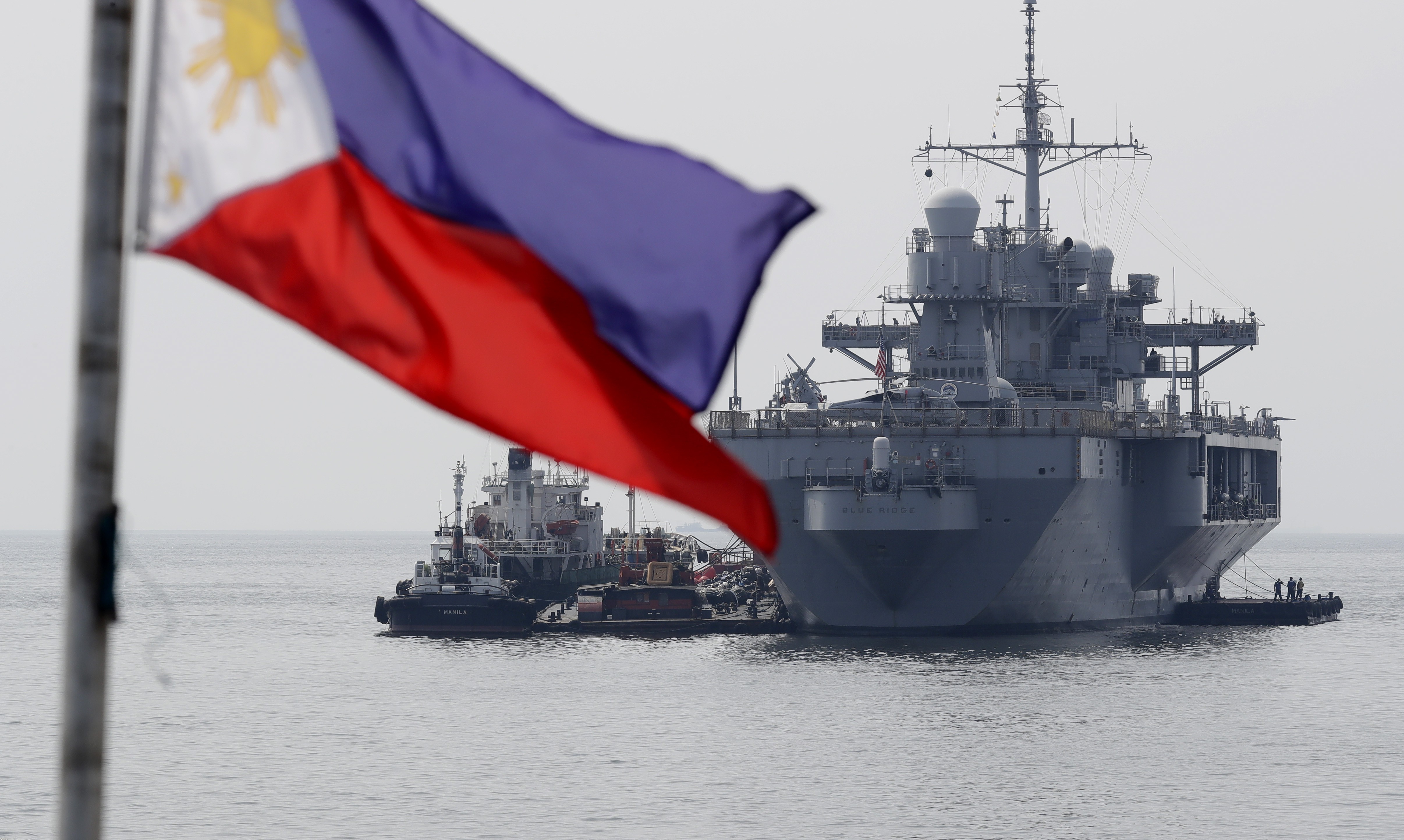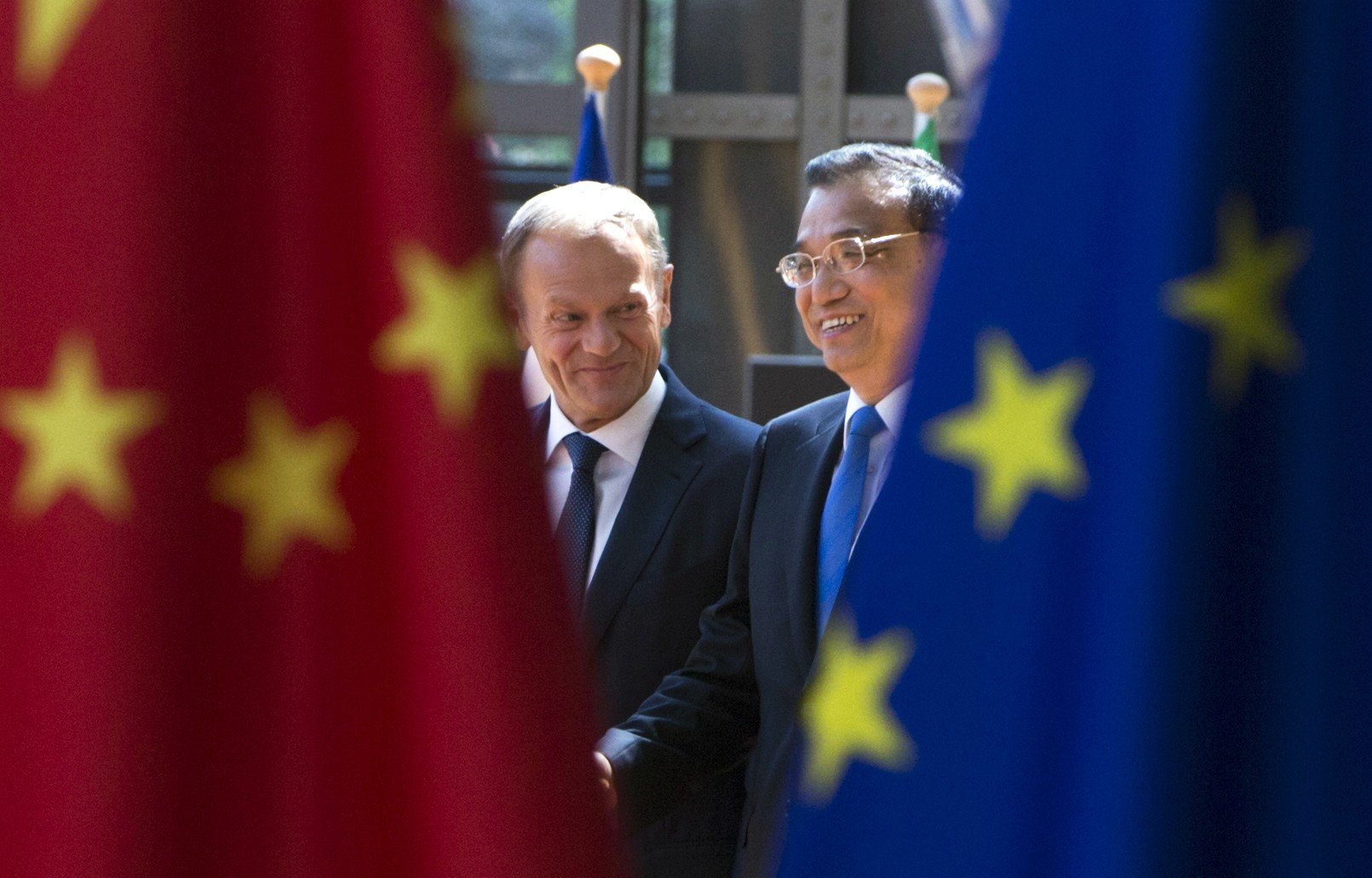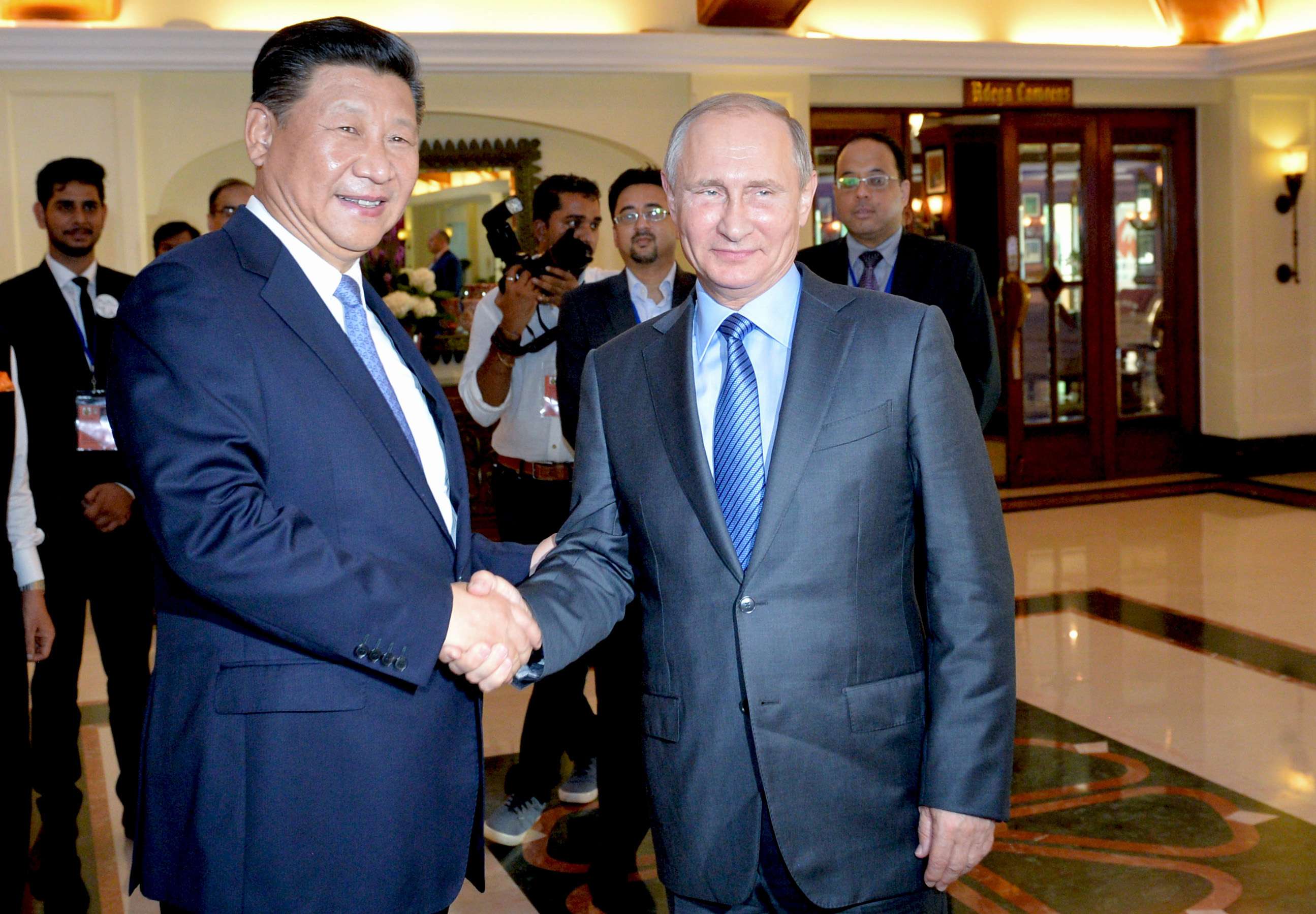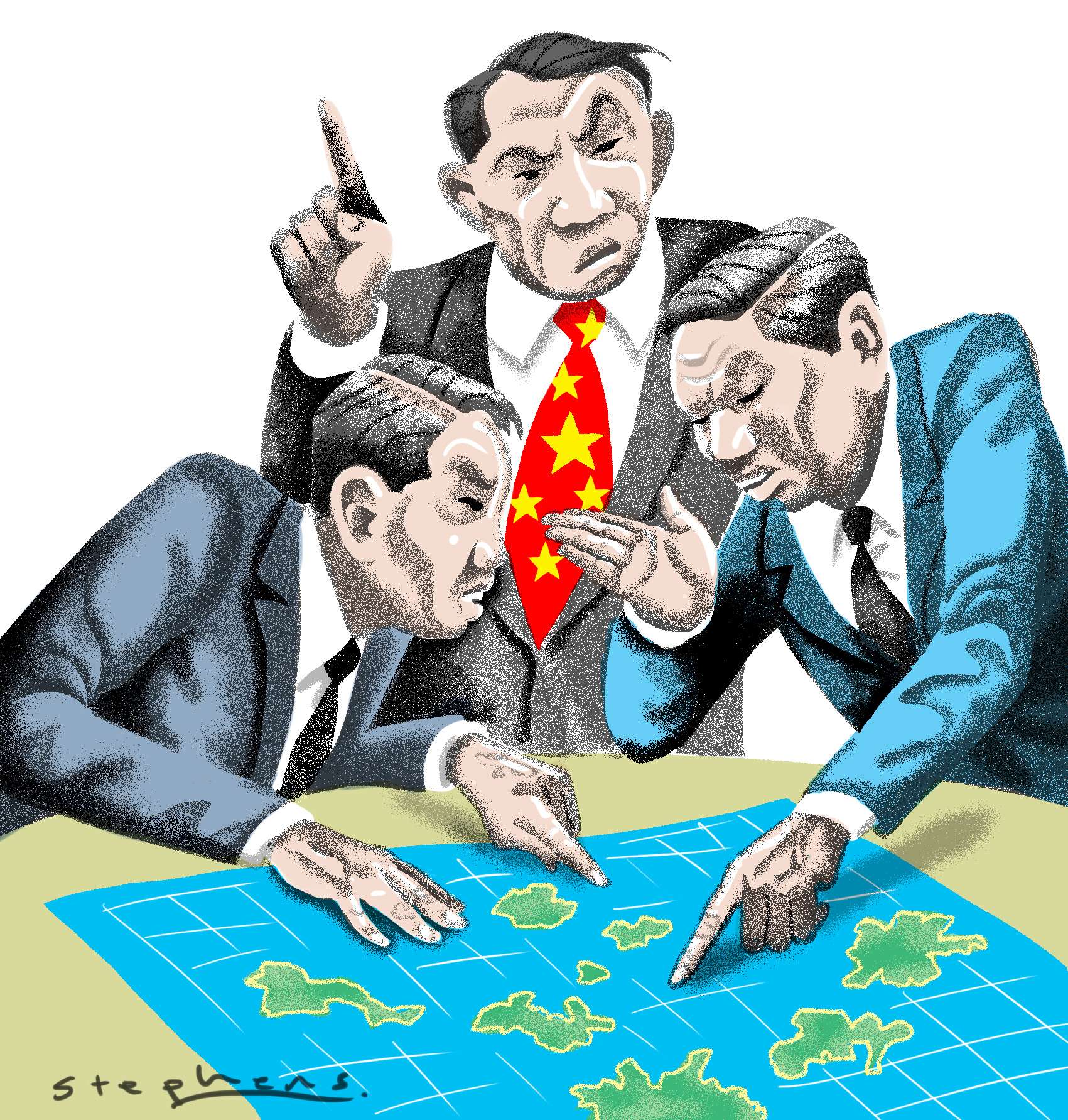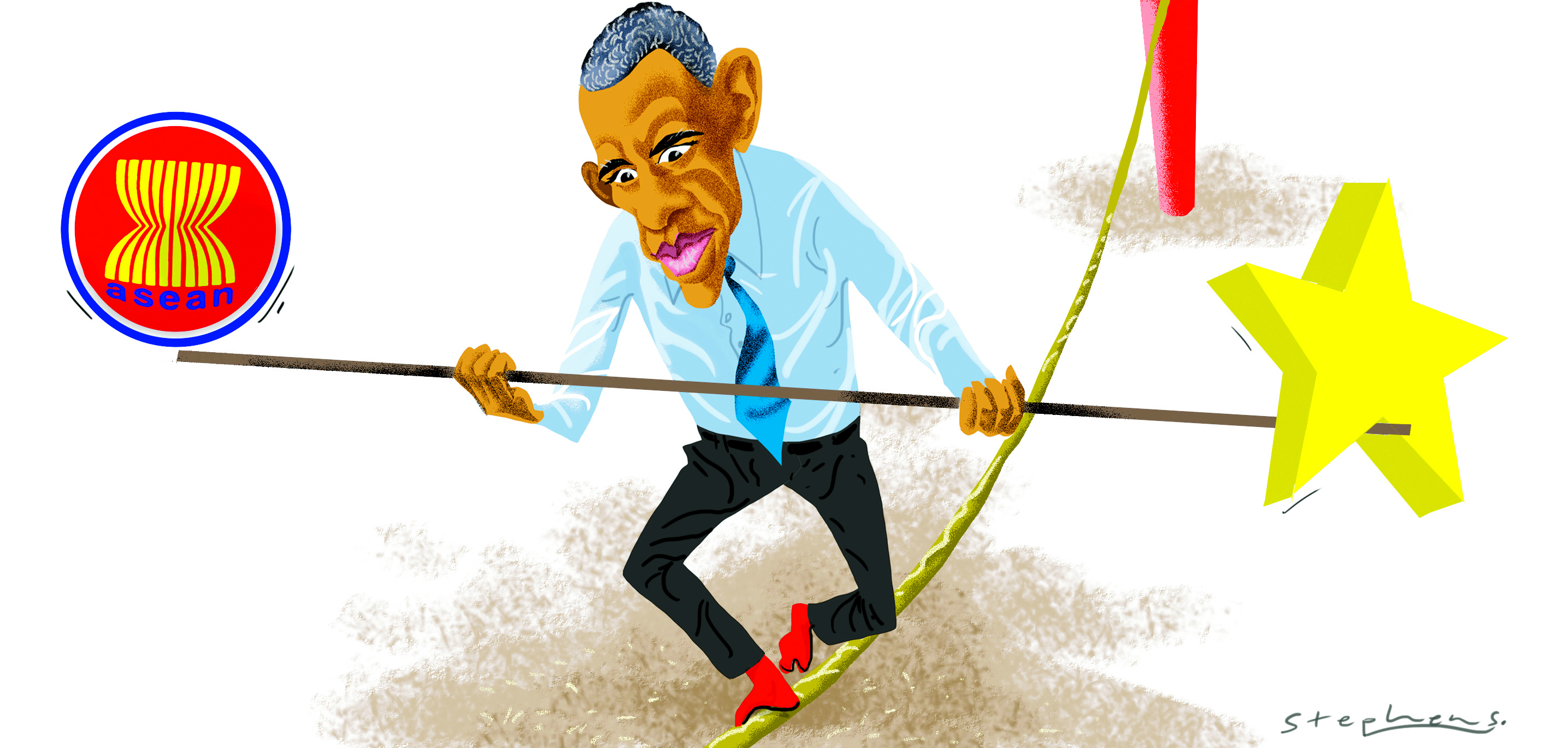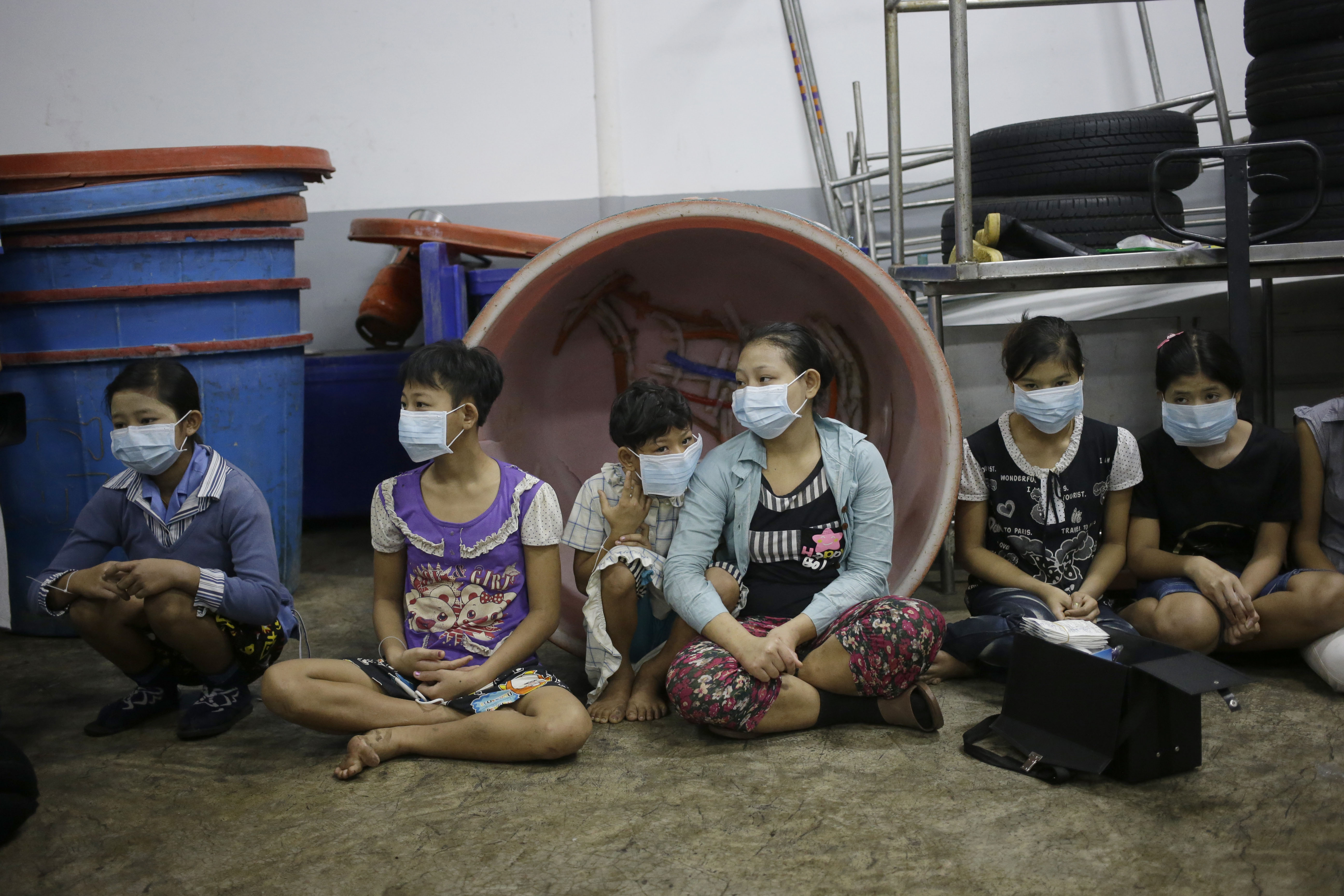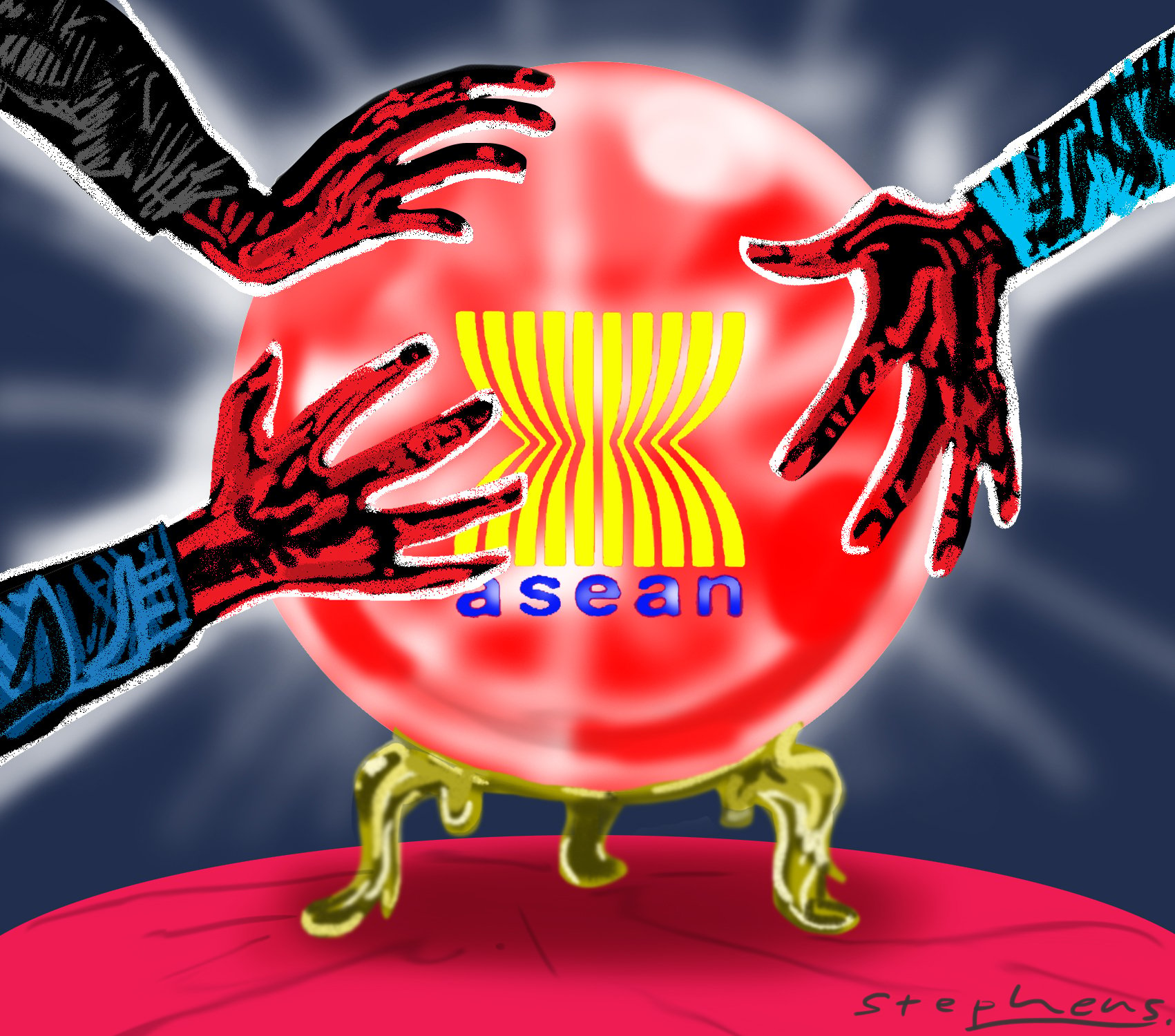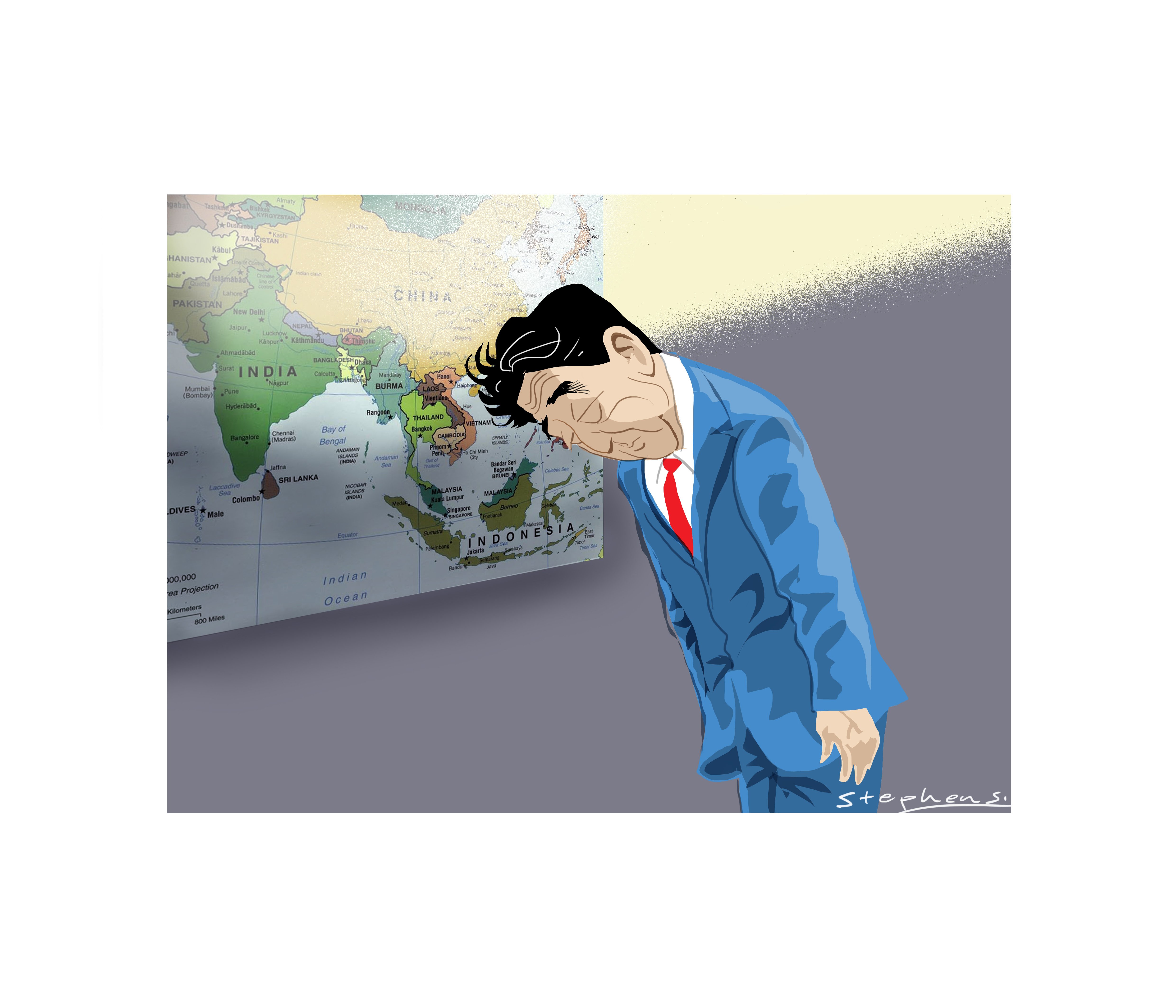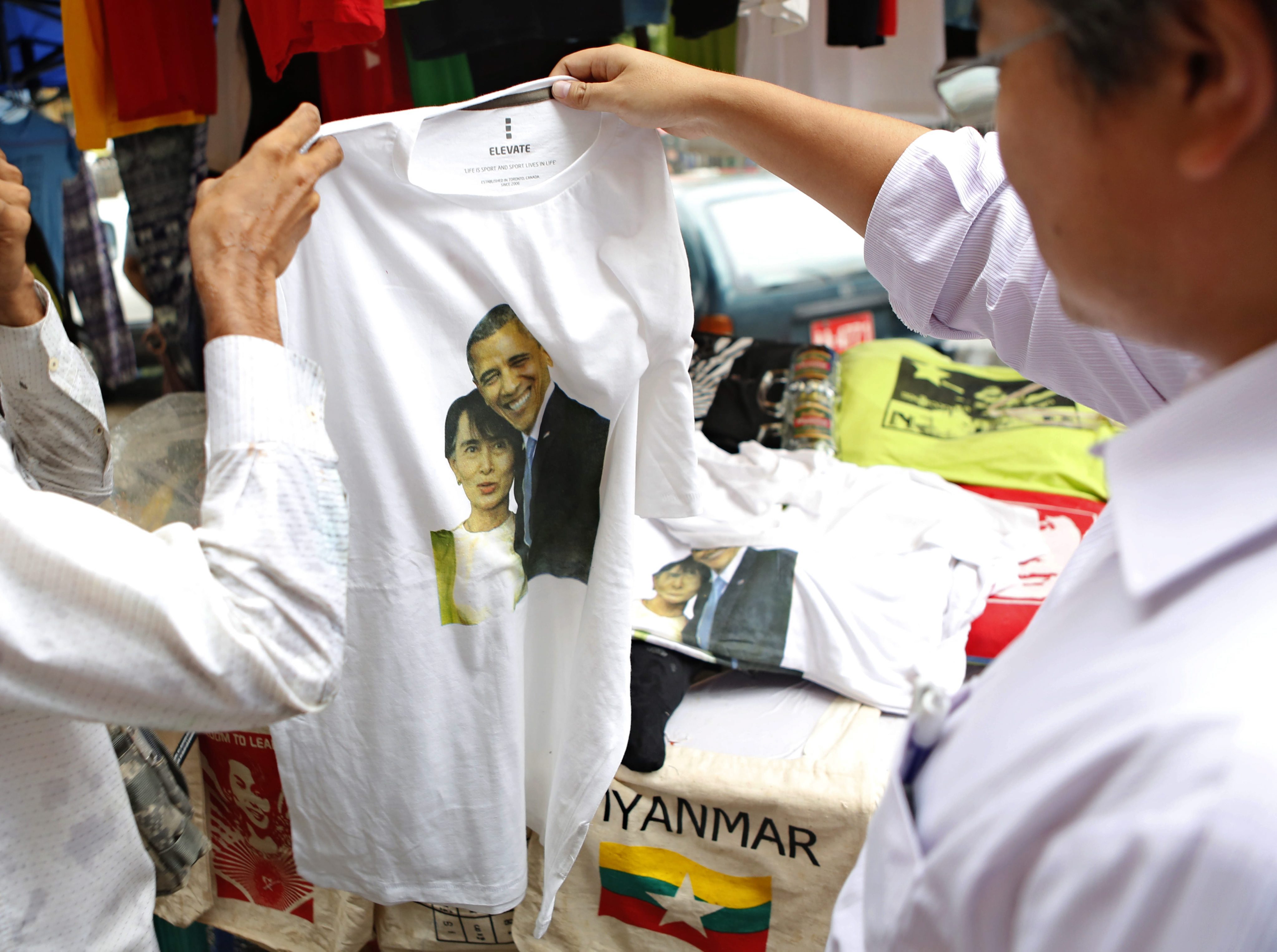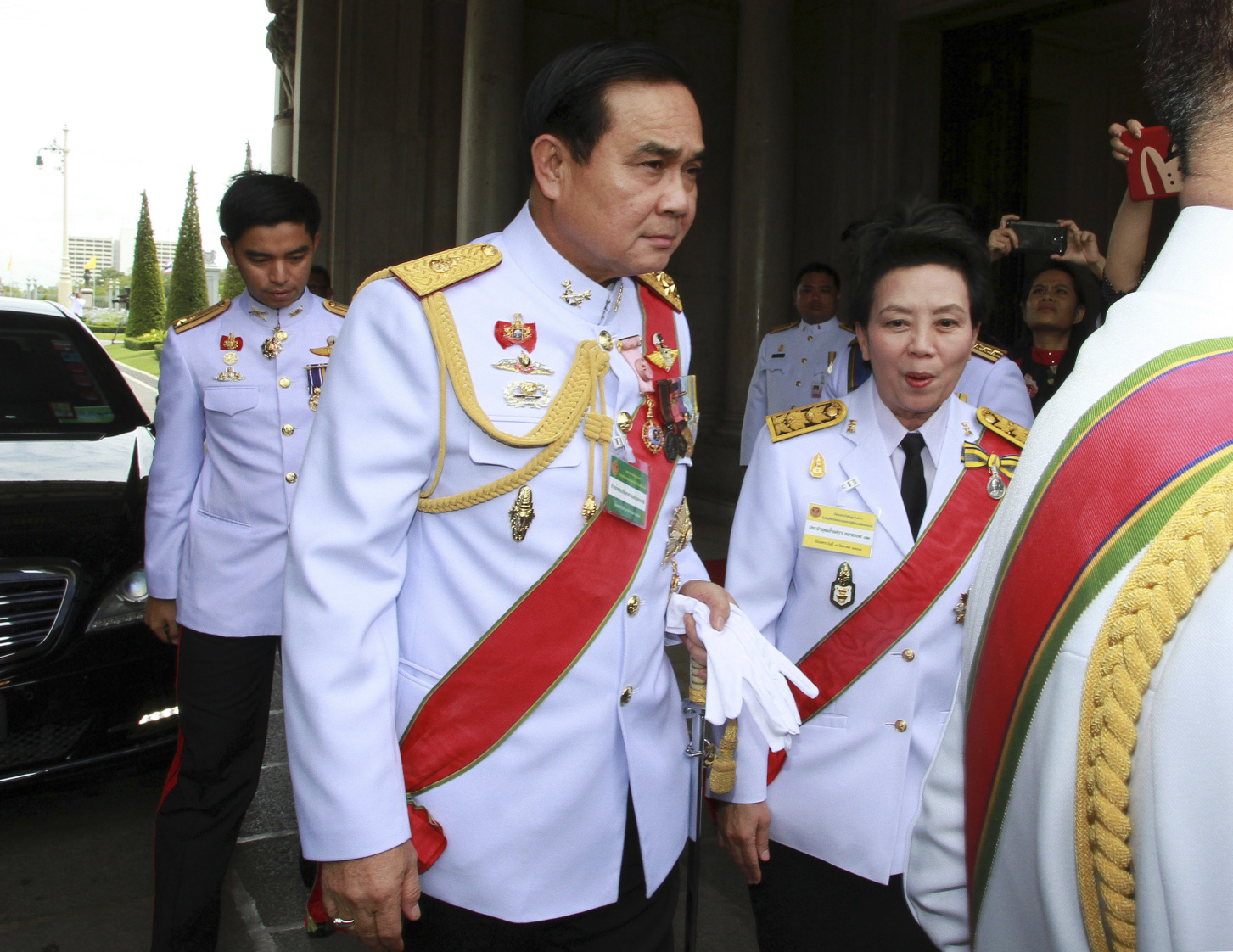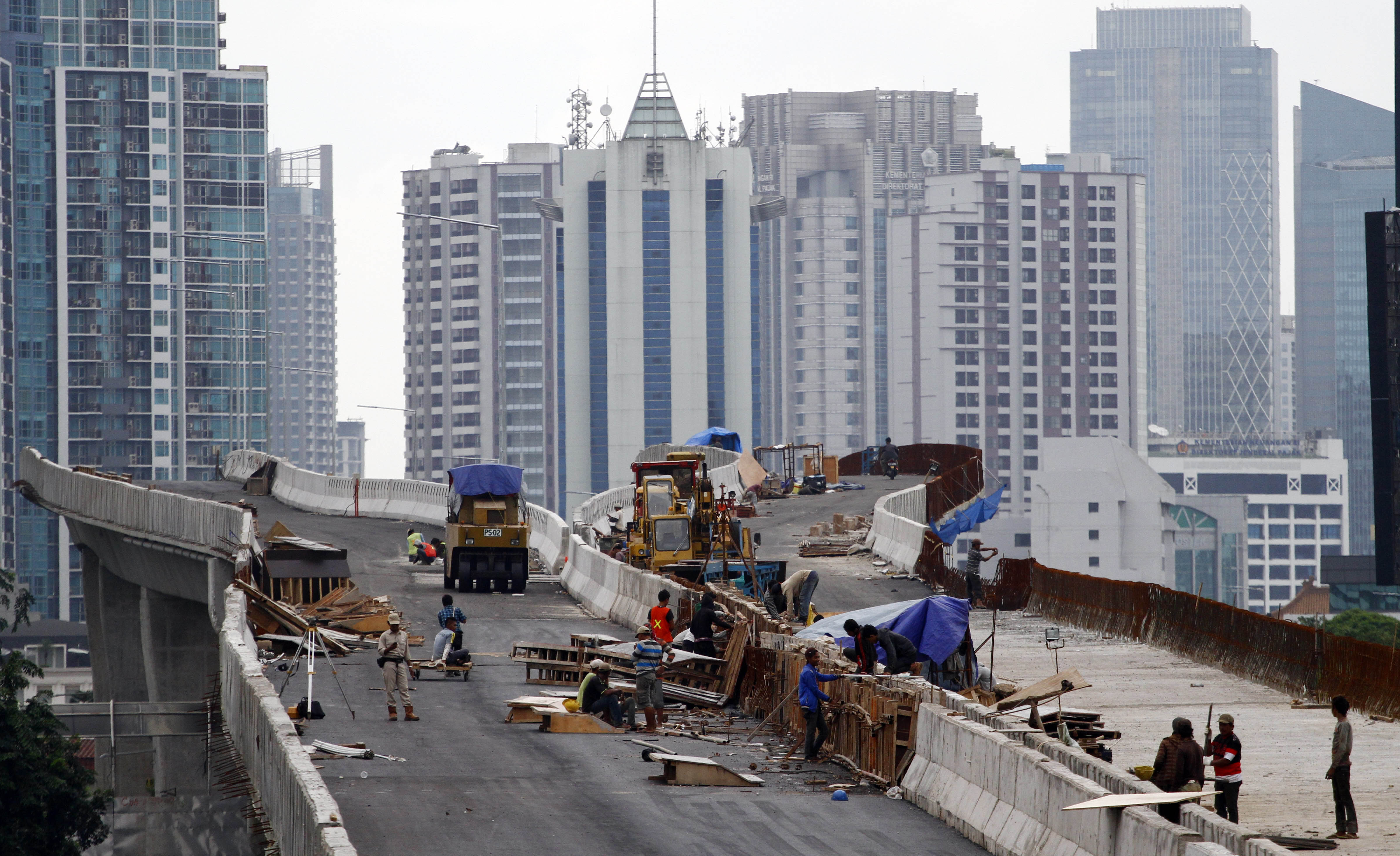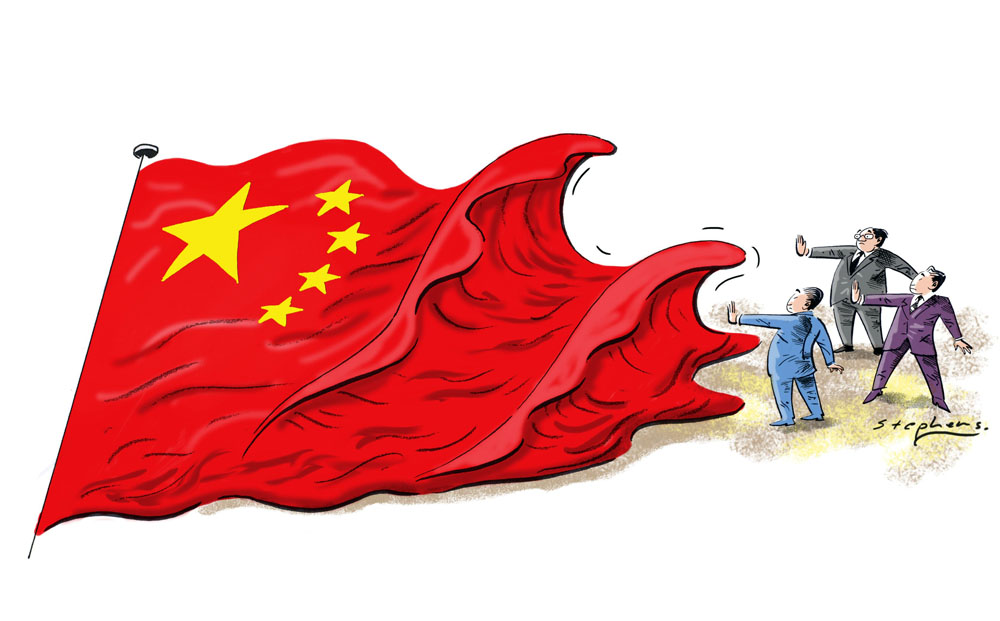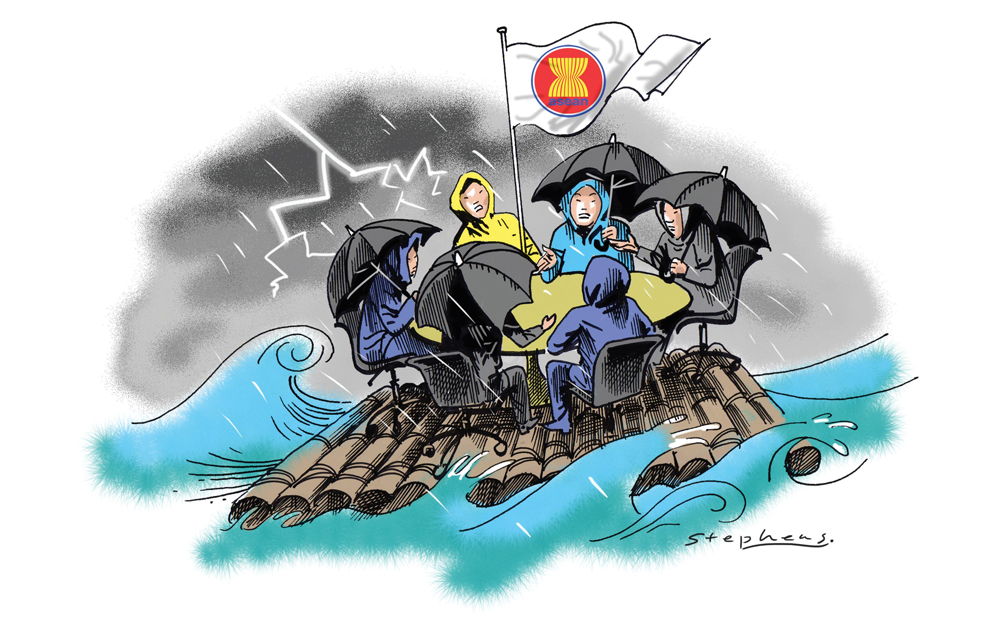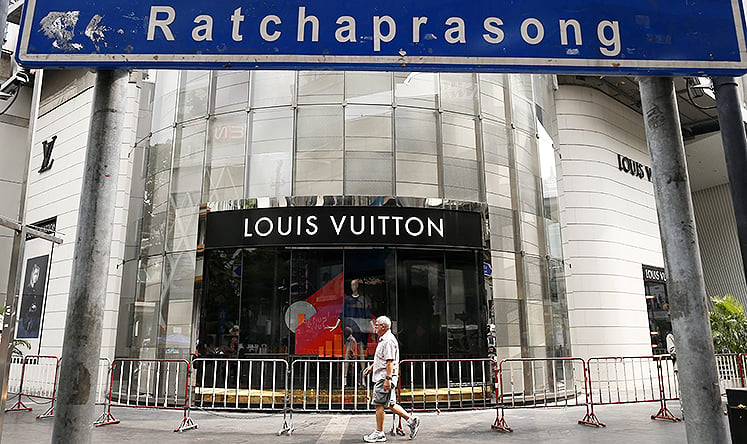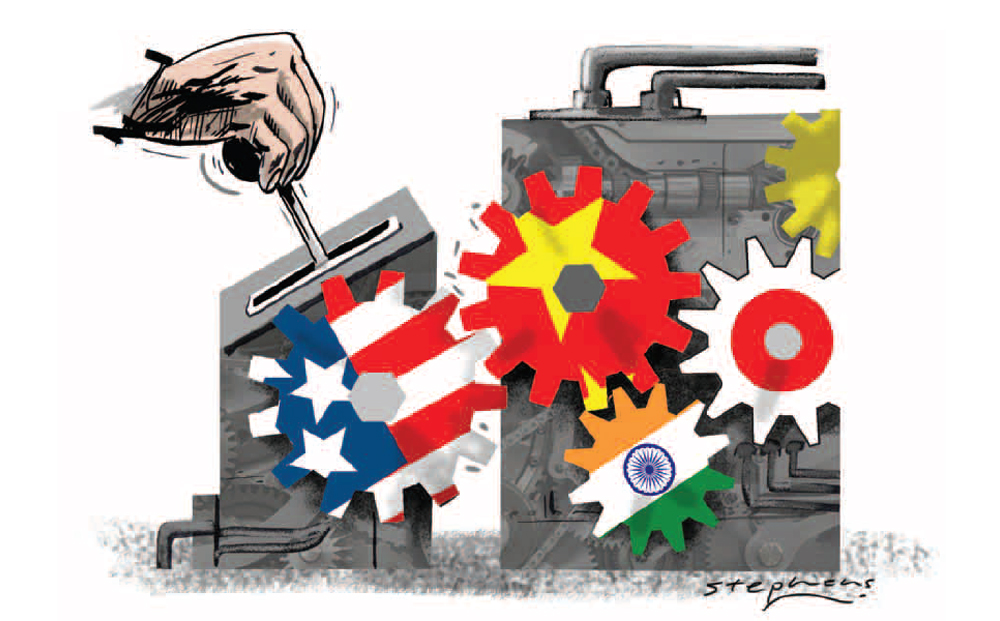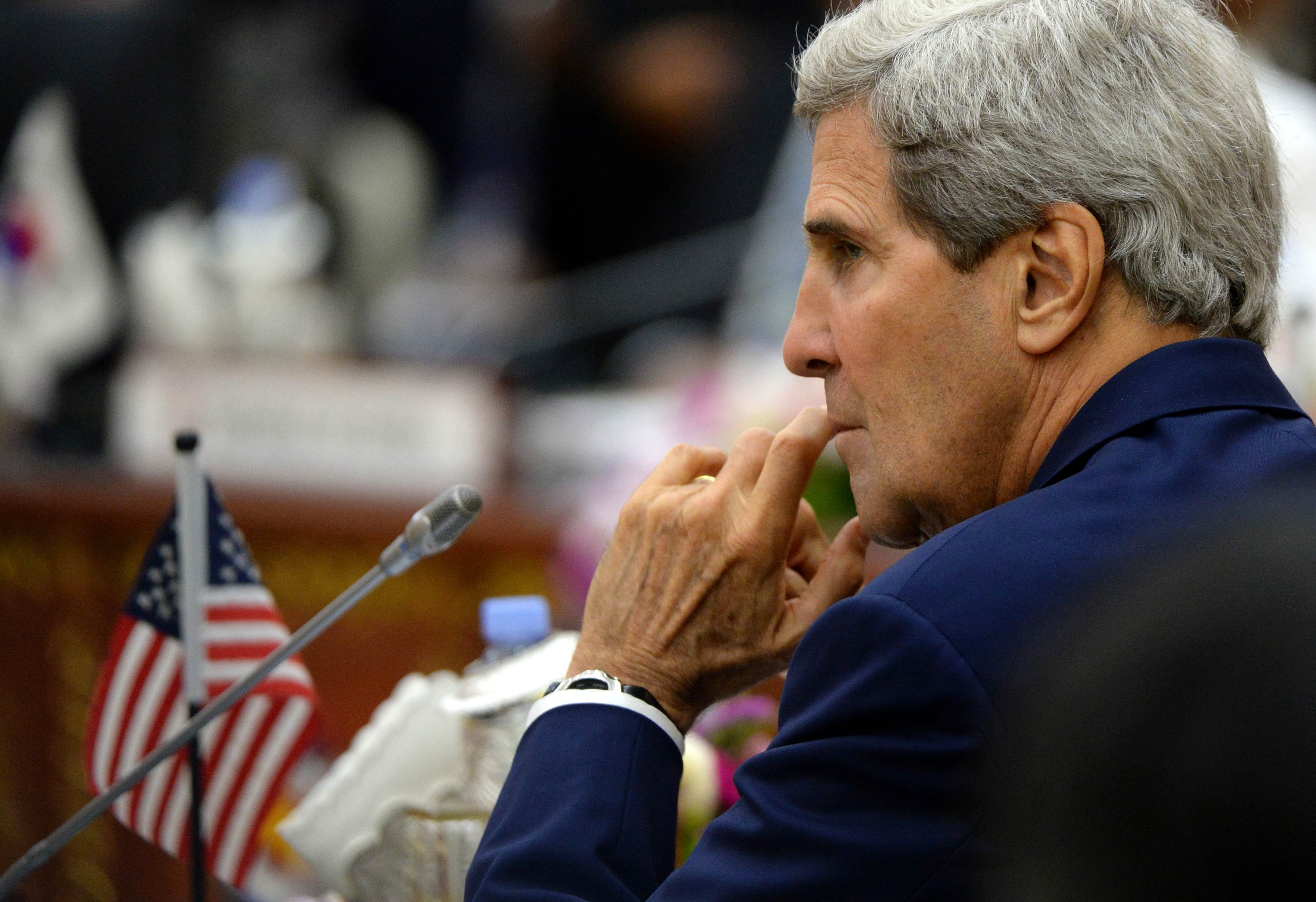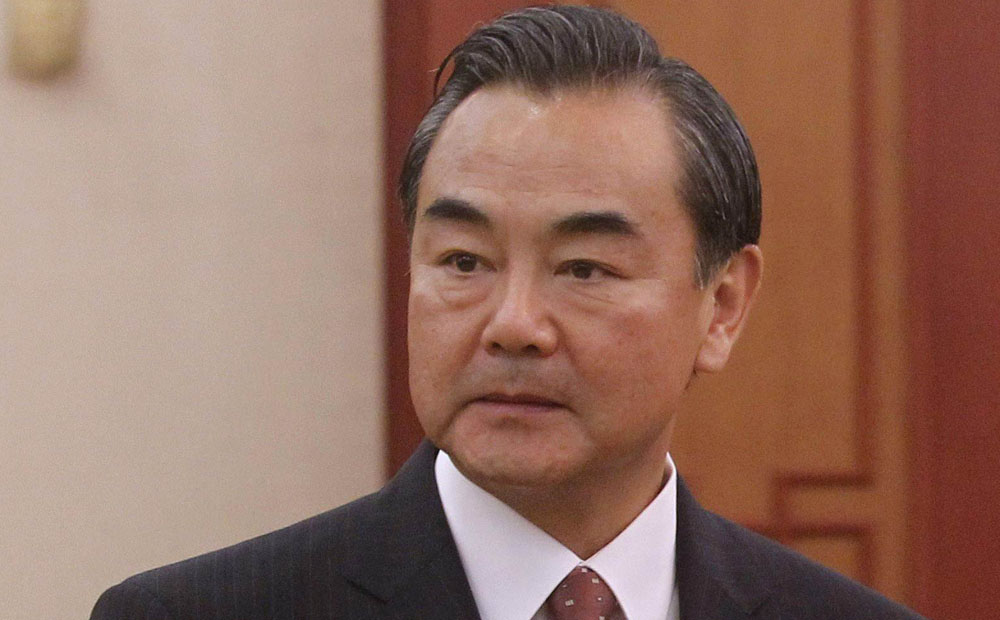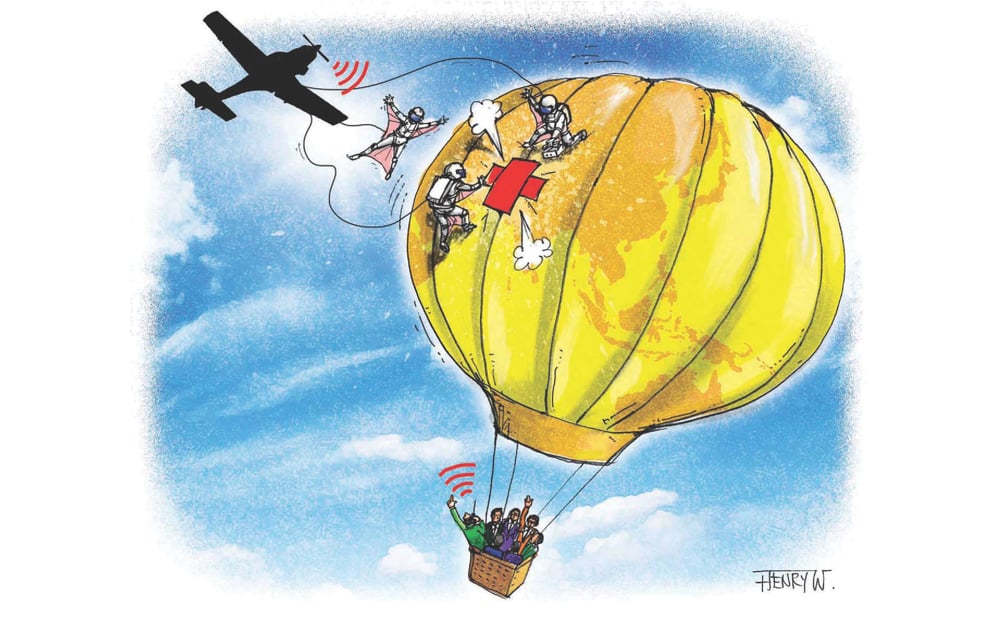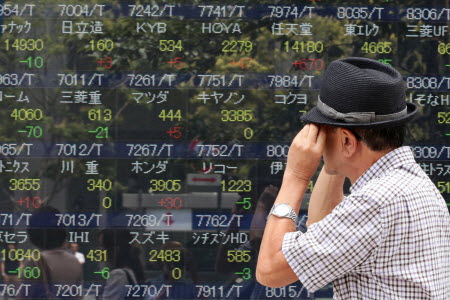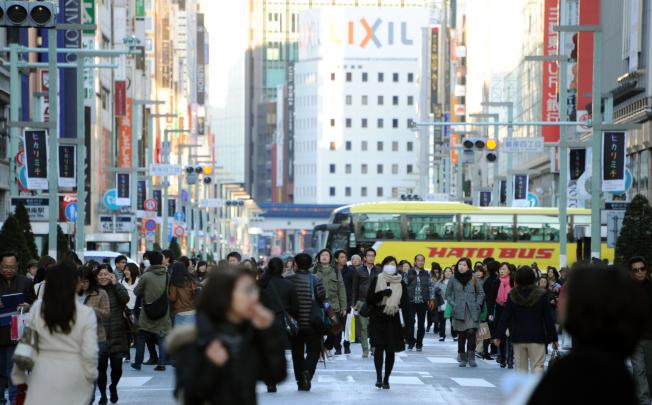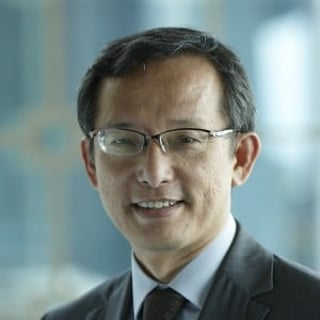
The EU faces one of its greatest challenges, dealing with the war in Ukraine while navigating increasingly tense relations with two of its most top partners. To be a productive Indo-Pacific partner, Europe must not let Russia’s invasion of Ukraine overshadow sound judgment and prudent calculations.
With governments’ finances stretched, there is an increasing recognition that the region can no longer afford economy-crippling restrictions and must return to trajectories that stimulate growth. While the region’s pre-pandemic potential remains, reforms are needed to boost efforts to move up the value chain.
Neighbours and partners must work to rebuild cross-border trade and boost supply chains as a leadership gap widens during the coronavirus pandemic.
The Trump administration talks up an old defence treaty and invites Duterte to visit. Meanwhile, Manila is awash with Chinese cash
Asia has entered its annual season of political summits and US President Barack Obama will be a key player, first at the Asia-Pacific Economic Cooperation summit and then at the East Asia Summit, hosted by Myanmar.
The recent military coup in Thailand that ousted the government of Yingluck Shinawatra has attracted concern and controversy.
Asians are now awake to the fear of armed conflict. A recent survey of 11 Asian countries by the Pew Research Centre found that more than half of those polled expressed concerns that tensions over rocks and islets claimed by China could spill over.
We now know Vietnam's immediate reaction to China's steps to begin drilling for oil in an area of the South China Sea that both sides claim. More than 20,000 Vietnamese workers ran amok at two Singapore-run industrial parks, attacking factories that they believed to be Chinese-owned.
When leaders of the Association of Southeast Asian Nations gathered this week in Myanmar, the weather forecast was for high temperatures combined with a chance of storms.
Anti-government protests in Bangkok have lasted more than three months, and yet they continue to confuse people. Much of the international media assert the sanctity of the vote above all else. Most rely on the distinction that the "red shirts" represent the poor, and the "yellow shirts" are the elite - as if simple colour-coding could explain complexities.
In the aftermath of the 2008 global financial crisis, two key phrases that conveyed the essence of the recovery strategy were "unconventional monetary policy" and "the new normal". The developed world would pump up credit and lower interest rates to try to resuscitate failing companies and their economies. These measures would ease off once things stabilised, but there would be no return to prior years of heady growth.
Mr President, congratulations on handling the domestic crisis of the US government shutdown and debt ceiling. The problem will recur but most see you as a winner for holding your ground. Now, about that cancelled trip to Asia.
More attention was given to US President Barack Obama's late decision to cancel his trip to Asia than to what the region did without him. This is testimony to America's enduring power and its president's prestige.
Some fear Indonesia is heading for a crisis. Second-quarter growth dropped to below 6 per cent. Trade and current account deficits widened markedly. The rupiah fell some 10 per cent last month to its lowest level against the US dollar in four years.
Rising tensions in the South China Sea have changed recent Asean-China relations from co-operation to potential conflict. Yet there is now agreement to begin consultations on a code of conduct to manage the issue. Since his appointment, Foreign Minister Wang Yi has also visibly upgraded engagement with the Association of Southeast Asian Nations.
After the global financial crisis, Asia grew at more than 6 per cent each year, outperforming a troubled world. And not just China, but also India, Asean and others.
Sunday's election in Japan delivered victory for the Liberal Democratic Party coalition and a clear endorsement for Prime Minister Shinzo Abe, paving the way for bold changes.
The Association of Southeast Asian Nations draws both admirers and detractors, and the recent ministerial meeting hosted by Brunei provided ample evidence for each view. While there were signs of positive movement, thorny obstacles lie on the path ahead. This is especially so on the South China Sea disputes discussed at the Asean Regional Forum.

